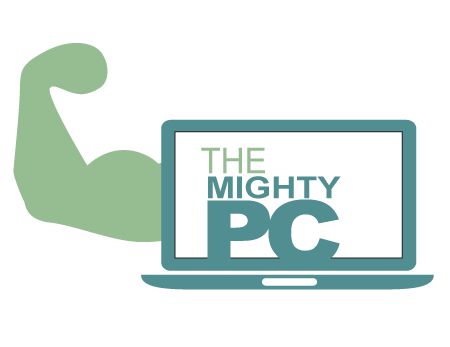A slow laptop can be a major obstacle that can disrupt workflows and reduce the satisfaction of users. The effects go beyond just frustration; they affect productivity and the overall experience of users.
Understanding the many aspects of this issue is vital in allowing users to identify the root of the issue systematically and regain their device's performance. This article attempts to understand the complicated web of variables that can cause laptop performance issues, ranging from software to hardware-related issues.
Examining the root causes of these issues and providing concrete solutions seeks to enable users to take back control of their computer experience and improve the speed and responsiveness of their devices.
By gaining a deep knowledge of these issues, users can begin an adventure of troubleshooting and improvements, eventually achieving the most seamless and efficient computer experience customized to their specific needs.
Potential Causes of a Slow Laptop
Too Many Programs Running
Running several programs at the same time can overload your system's capabilities, resulting in slower performance. Instructing users to shut down unnecessary programs and manage things that start up can ease this issue, allowing their laptops to function more efficiently.
Outdated Software and Drivers
Applications, operating systems, and device drivers could greatly affect laptop performance. Continuously updating software to the latest versions guarantees performance and compatibility and reduces the impact of old software on the system's response.
Malware and viruses
Viral and malware can create havoc on the performance of laptops, which can cause slowdowns and instability. Installing and regularly updating antivirus and anti-malware software is crucial for detecting and removing malicious threats and safeguarding performance and security.
Full Hard drive
A full-on hard drive could hinder system performance by restricting disk space available for vital processes. Offering tips for freeing space on disks by removing unnecessary files and unneeded programs aids in optimizing storage capacity and eliminating bottlenecks that slow performance.
Overheating Issues
The overheated laptop can trigger thermal throttling and cause the laptop to lose performance to protect internal components. It is recommended that users keep their laptops well-ventilated and clean. Its cooling system will warrant proper circulation of air, regulate temperature, and prevent performance loss caused by excessive heating.
Troubleshooting Steps
Restart Your Laptop
Restarting your laptop erases temporary files and closes background processes, typically fixing performance issues and returning responsiveness. Regularly scheduled restarts are essential to ensuring the system's performance is at its best.
Turn off Power Saver Mode
Moving between Power Saver mode and Balanced or High Performance mode can increase laptop performance and speed. Informing users of the effects of the power-saving settings enables them to maximize performance that is compatible with their preferences.
Check the Internet connection
A slow internet connection could negatively impact laptop performance overall, particularly when it comes to applications and online tasks. Troubleshooting advice to boost the speed of the internet, such as resetting your router or calling the internet service provider, helps to fix connectivity issues and improve performance.
Conclusion
In conclusion, knowing the most common causes of slow laptops and implementing effective troubleshooting techniques are essential to optimizing performance and improving the user experience.
By addressing the causes, such as excessive background processing, old software, malware infection, storage limitations, and overheating problems, users can ensure that their laptops function efficiently.
Routine maintenance and proactive troubleshooting are essential to avoid problems with performance and provide an enjoyable user experience. By providing users with the information and tools to spot and eliminate performance bottlenecks, this guide will help them unleash the full potential of their laptops and increase productivity.
Frequently Asked Questions (FAQs)
What can I do to tell whether my laptop is slow?
The signs of a slow laptop are slow startup, slow program loading, and general responsiveness. Monitoring the CPU and memory use will help identify processes that consume a lot of resources.
What's the most desirable method to free space on my disks in my computer?
Uninstalling unnecessary files, deleting unneeded applications, and cleaning your recycle container are all effective methods for clearing disk space. You can also consider moving large files to external data storage or the cloud.
When should I keep updating my laptop's software and driver?
It is recommended to maintain the operating system software and drivers current. Install automatic updates or regularly check for updates to ensure the best performance.
Does overheating slow me down on my notebook?
Yes, overheating could cause thermal throttling, which can reduce the performance of internal components. Proper ventilation and clean cooling systems are vital to keeping operating temperatures at optimum.
What can you do when my notebook still slows after attempting these troubleshooting steps?
If your laptop continues to be slow to run, think about performing a factory reset or obtaining competent benefits. A factory reset is a solution to problems with the software; however, ensure that you backup important files first.

Leave a comment